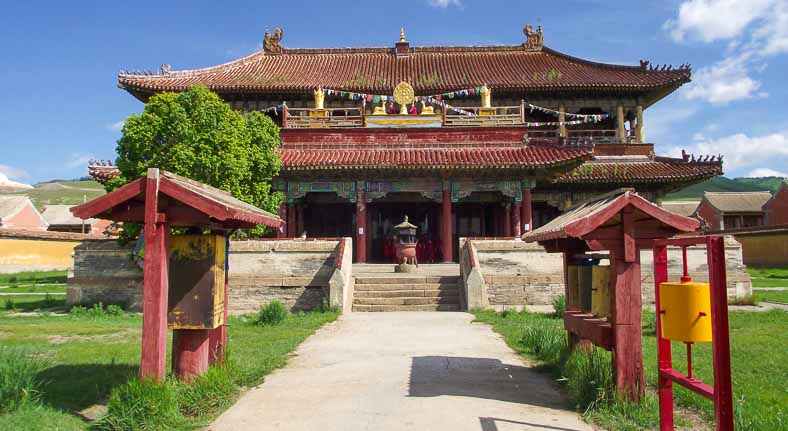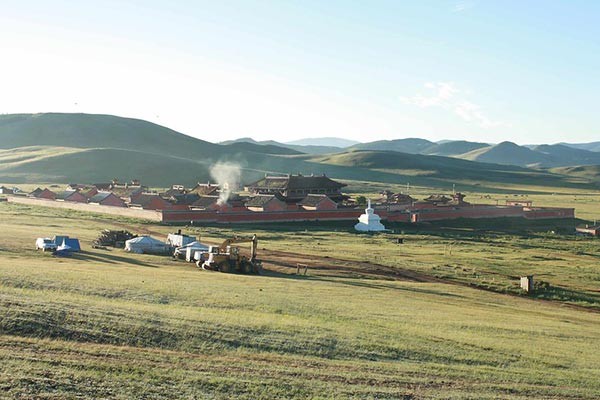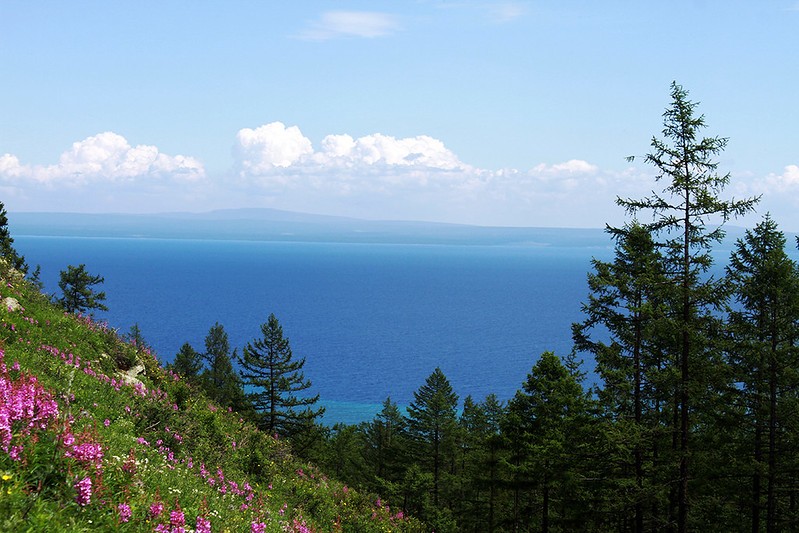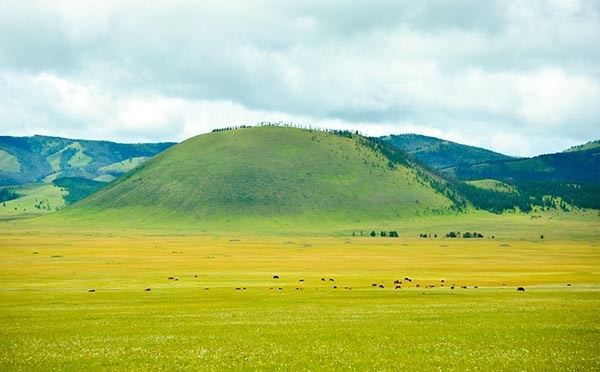
Amarbayasgalant Monastery is located in Baruunbüren sum, Selenge Province, near the Selenge River and at the foot of Mount Büren-Khaan. It is one of the three largest monasteries in Mongolia, renowned for its unique blend of Chinese and Tibetan architectural styles and its rich historical, religious, and cultural heritage.
Facts
Location
Baruunbüren sum, Selenge Province
Establishment
1727–1736 during the Qing Dynasty
Size & Layout
Originally over 40 temples, now 28 remain
Monk Population
At its peak, around 6,000 monks resided in the monastery.
Highlights
About the Monastery
Amarbayasgalant Monastery was built between 1727–1737 by the order of Manchu Emperor Enkh Amgalan Khan in memory of Zanabazar, the first Bogd Gegeen of Mongolia, to preserve his mortal remains. Despite widespread destruction during the 1937 communist purges, the main buildings survived. The monastery’s temples, thangkas, statues, and manuscripts suffered looting, but much of its architecture and prayer spaces remain intact today.
It was restored in the 1990s and today stands as one of Mongolia’s largest and most important Buddhist sites. Visitors can explore over 40 temples with intricate murals and statues, attend annual ceremonies, and enjoy the serene valley setting surrounded by forests and rivers.
Origin of name
When explorers were searching for a site to build the monastery, they encountered two young boys named Amar (Tranquility) and Bayasgalant (Felicity) playing on the steppe. They symbolized the monastery’s spiritual purpose, inspiring its name Amarbayasgalant, meaning “Tranquility and Happiness.”
Why You Should Visit This Place

Historic Significance: One of the largest and oldest surviving monasteries in Mongolia.
Architectural Splendor: Unique blend of Chinese and Tibetan design.
Cultural Insight: Learn about Mongolian Buddhism and Zanabazar’s influence.
Scenic Setting: Nestled at the foot of Mount Büren-Khaan and near the Selenge River.
Best Time to Visit
Frequently Asked Questions
Construction began in 1727 and was completed in 1737, making it nearly 300 years old.
About 28 temples remained intact, including the main prayer halls, though many thangkas, statues, and manuscripts were looted.
Visitors may enter most of the main temples, but some areas are restricted for monks and ritual purposes.












